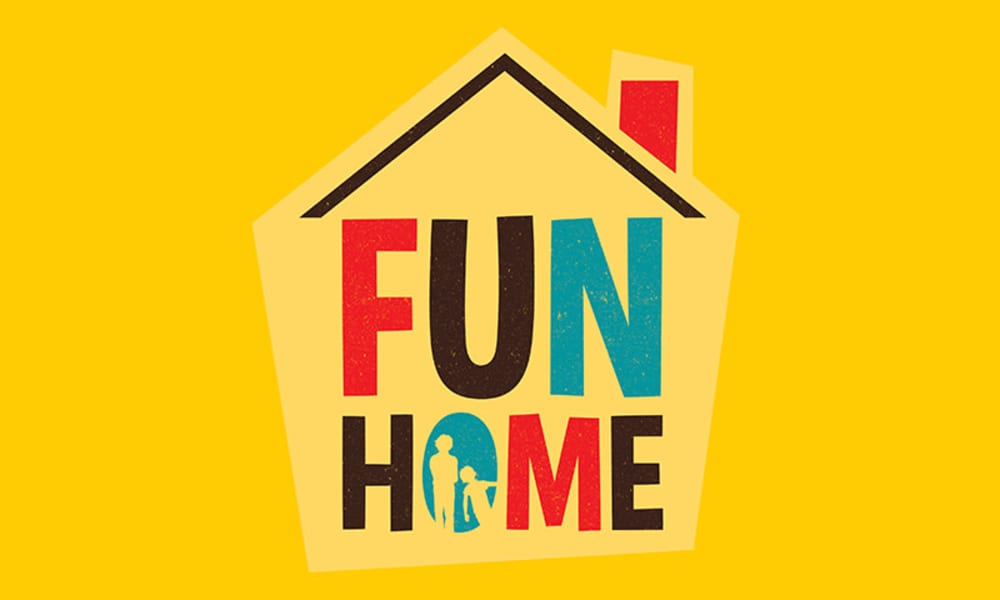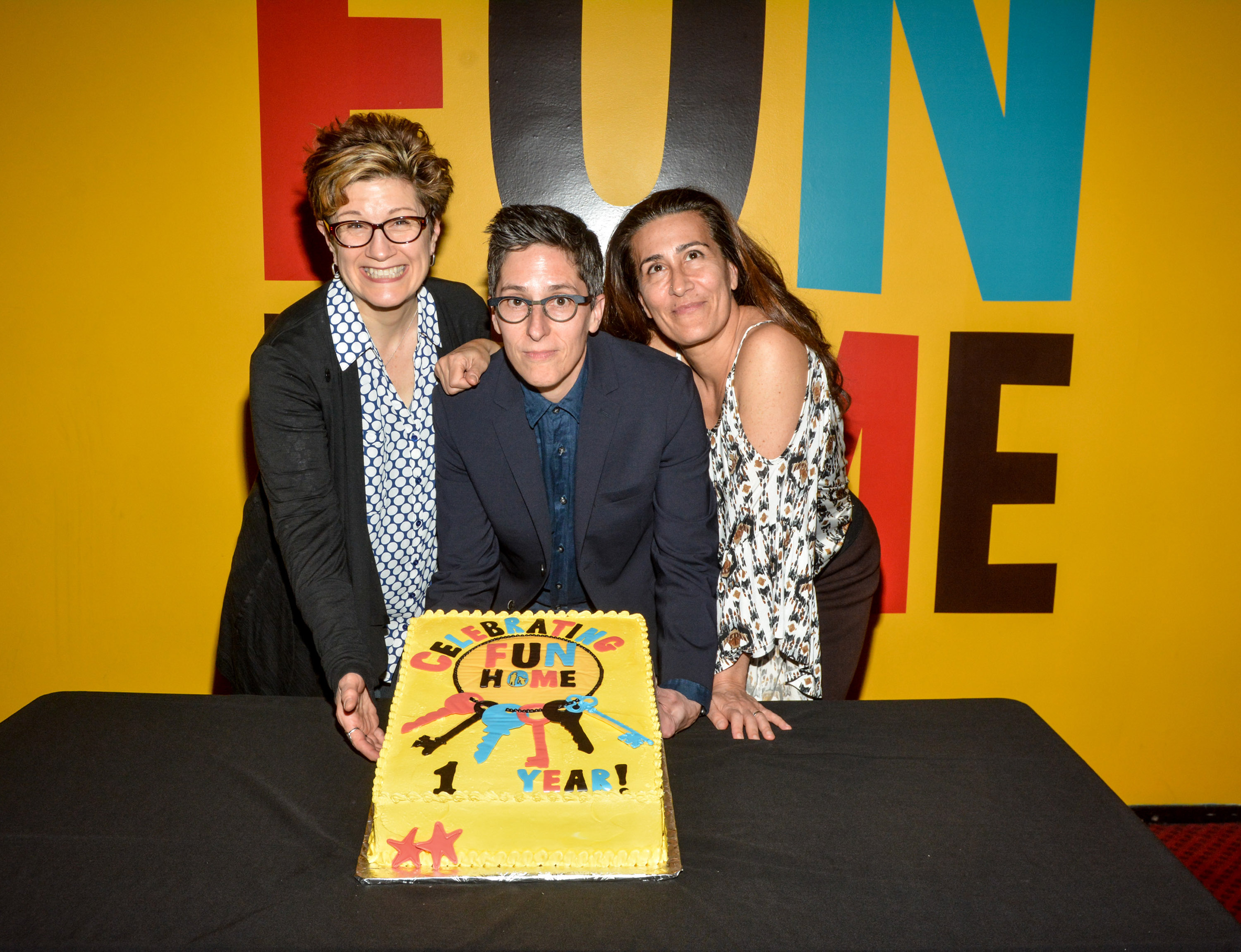
Politics & Society
We need to rethink how we manage deathcare

The staging of the musical ‘Fun Home’ in Melbourne is part of a broader embrace of issues around how we deal with death
Published 25 February 2022
Talking about death isn’t easy. Even if we are two years into a global pandemic.
The musical Fun Home now on at the Melbourne Theatre Company, helps to get the ball rolling. It’s based on the graphic memoir by Alison Bechdel, the visual storyteller who is perhaps best known for the ‘Bechdel Test.’
Fun Home made its Broadway debut seven years ago, breaking ground as the first-ever show to feature a lesbian protagonist – it was met with critical acclaim and collected five Tony awards.
What’s less commented on is the play’s setting: the Bechdel Funeral Home. This unexpected backdrop ensures that questions of mortality are always present in the production.

Politics & Society
We need to rethink how we manage deathcare
The Bechdel’s business is an inter-generational funeral parlour, passed down from father to son. Old-school family businesses like these are increasingly rare due to consolidation in the sector.
Even in the 1970s, Alison’s father – Bruce – supplemented the money he made as a funeral director in a tiny Pennsylvanian community by working as an English teacher and antique restorer.
The Fun Home is, quite literally, the Bechdel’s house. Their morgue and casket showroom are accessed by doors leading to their living space. In this sepulchral sphere death is part of life, a décor and a way of being that seems an odd throwback to the Victorian Era when death and life mixed more readily.
The story is, however, a distinctly modern one.
It drops in on its creator at three different life phases. Alison appears first as a child who both adores and butts heads with her father. Later, she is a young adult in first year at college who is coming out as a Lesbian and then, finally, she is Alison in her early-40s, a successful cartoonist who acts as an omniscient narrator.
The dramatic arc follows Bechdel from precocious child to comics savant (her cartoon strip Dykes to Watch Out For ran for 25 years), but there’s a sad side to the story. Bruce, who lived his life as a closeted gay man, died after being hit by a truck in what his daughter assumes to be a suicide just months after she came out to her parents at the age of 20.

So, while there is certainly bathos as Alison and her brothers duel with embalming rods and play hide-and-seek in satin-lined coffins, Bruce’s unresolved death adds a great deal of pathos. In the formaldehyde-smelling ‘fun home’ where Alison grew up, death is funny, until it’s not.
As someone who studies death with the University of Melbourne’s DeathTech Research Team, it’s been interesting to see how the subject burbles up in our popular culture.

Arts & Culture
Dying apart, buried together
When Fun Home, the graphic novel, came out in 2006 it rode the crest of a whole wave of cultural projects about funeral homes and cemeteries. The TV series Six Feet Under had just wrapped up five successful seasons focused on a Los Angeles funeral parlour, and the reality series Family Plots was in production.
Since then, funeral homes have become something of a TV trope with shows like Buried by the Bernards and The Casketeers airing in recent years and have done a lot to expand the depiction of grief and end-of-life decisions to include communities of colour.
They have also opened up avenues for families to discuss options for burial, cremation and end-of-life commemoration – difficult conversations to broach that can be helped along with levity and humour.
Books too have also dealt with the sometimes messy processes of death and dying.
Caitlin Doughty’s Smoke Gets in Your Eyes & Other Lessons from the Crematory and Margareta Magnusson’s The Gentle Art of Swedish Death Cleaning both unexpectedly found their way onto bestseller lists.
But that was then and this is now: all these cultural products were conceived, pitched, and begun in a pre-pandemic era.
Do we still want to talk about death?
There’s some evidence that now, more than ever, discussions of mortality are coming to the fore.
As we continue to experience the realness of COVID-related death in our midst, some families have broached tough conversations related to end-of-life planning, wills and interment.
‘Deathfluencers’ have appeared on TikTok and a new breed of entrepreneurs have entered the traditionally staid funeral business looking to shake things up.
Still, they face a legal and regulatory sphere that is widely variable across jurisdictions with confusing rules that can make it difficult to do things differently. The sector has been further stressed by COVID-19, with many putting in extraordinary efforts but failing to secure some of the exemptions to restrictions that were extended to ‘essential workers’.

Arts & Culture
How smaller can be better for memorialising history
The need for new conversations – and new rituals – around death has been even more pressing for groups that have experienced social marginalisation.
LGBTIQA+ older adults are facing end-of-life issues that are more complex and trying than their heterosexual peers, ranging from outright discrimination to disregard from caregivers.
At the same time, a new generation is learning about moments of communal loss – most notably the AIDS crisis – through documentaries like ACT UP, Marsha P. Johnson and others.
Popular culture doesn’t trivialise death through the process of making it accessible. Hamlet would have contemplated the skull of “poor Yorick” in front of a chattering audience at Shakespeare’s Globe, but even for those standing on nutshells and spilled ale, the issue of life’s transience would have been deeply moving.
Fun Home and other new death-focused programs remind us that, while questions of mortality might be difficult, there’s a long tradition of taking them on through culture.
And by doing so perhaps we can all be better prepared for dealing with what is an indelible part of life.
Banner: Melbourne Theatre Company